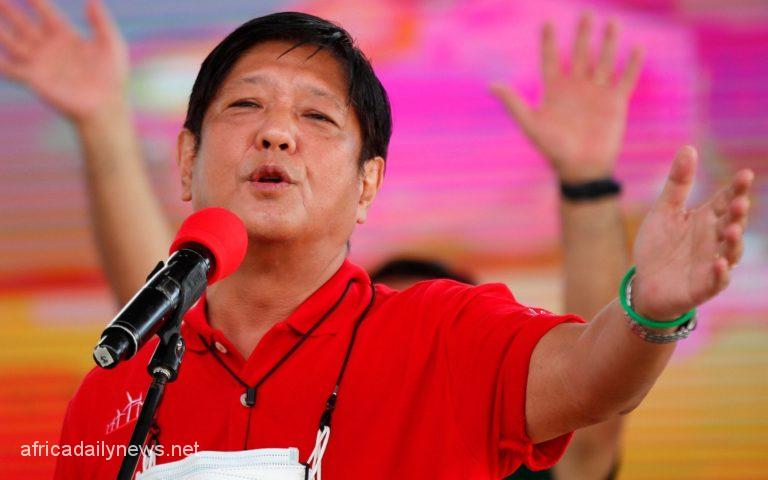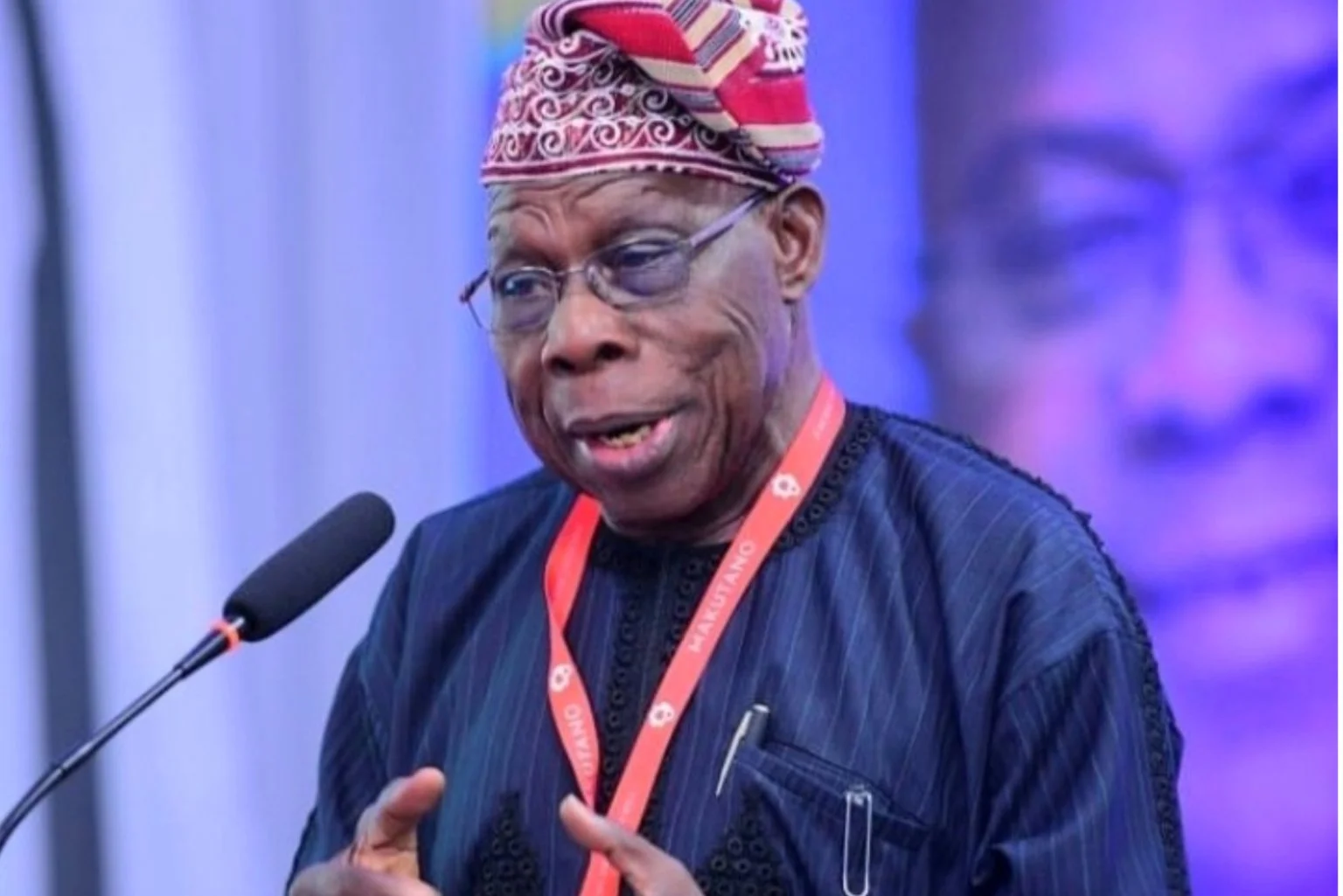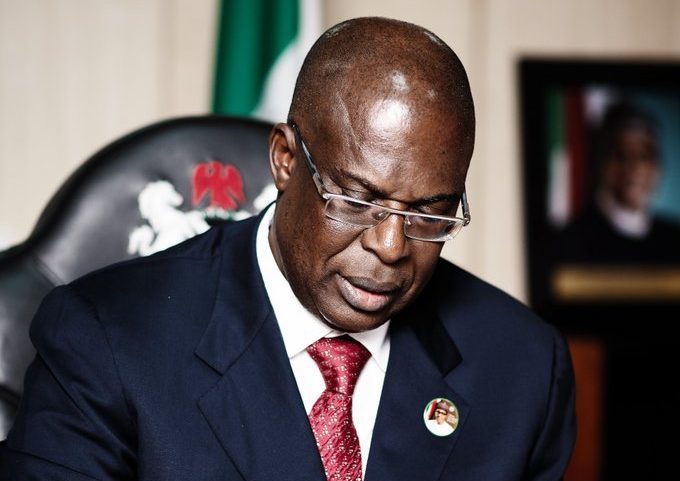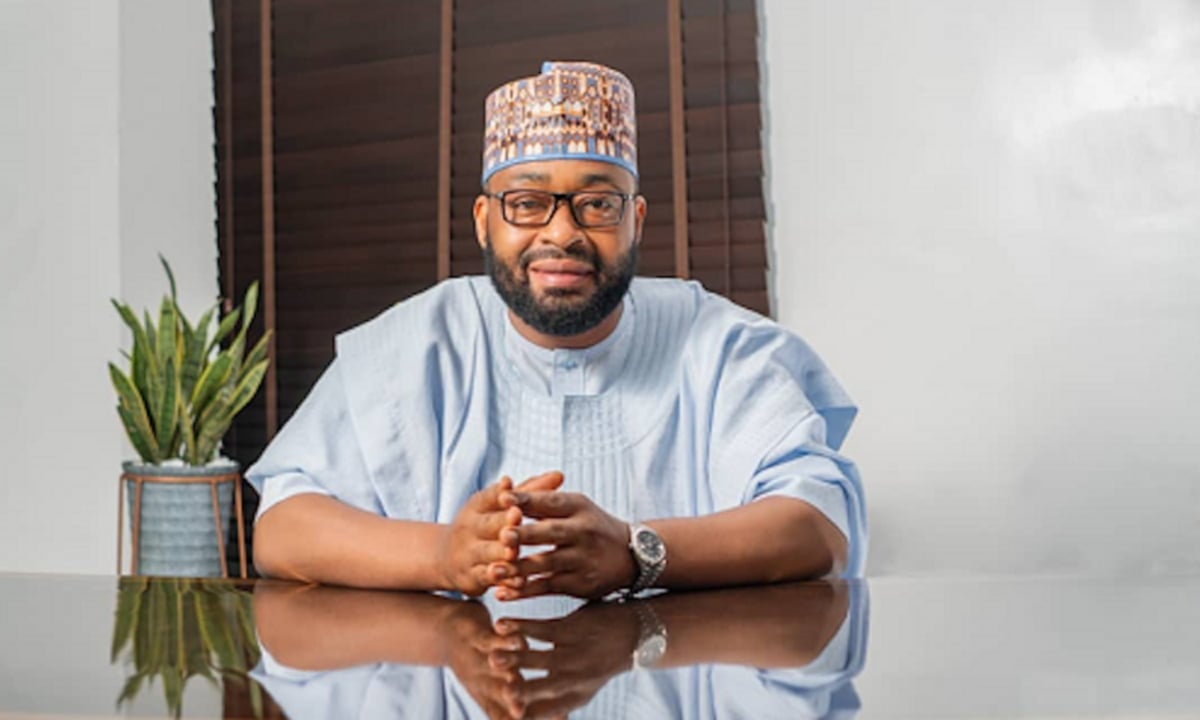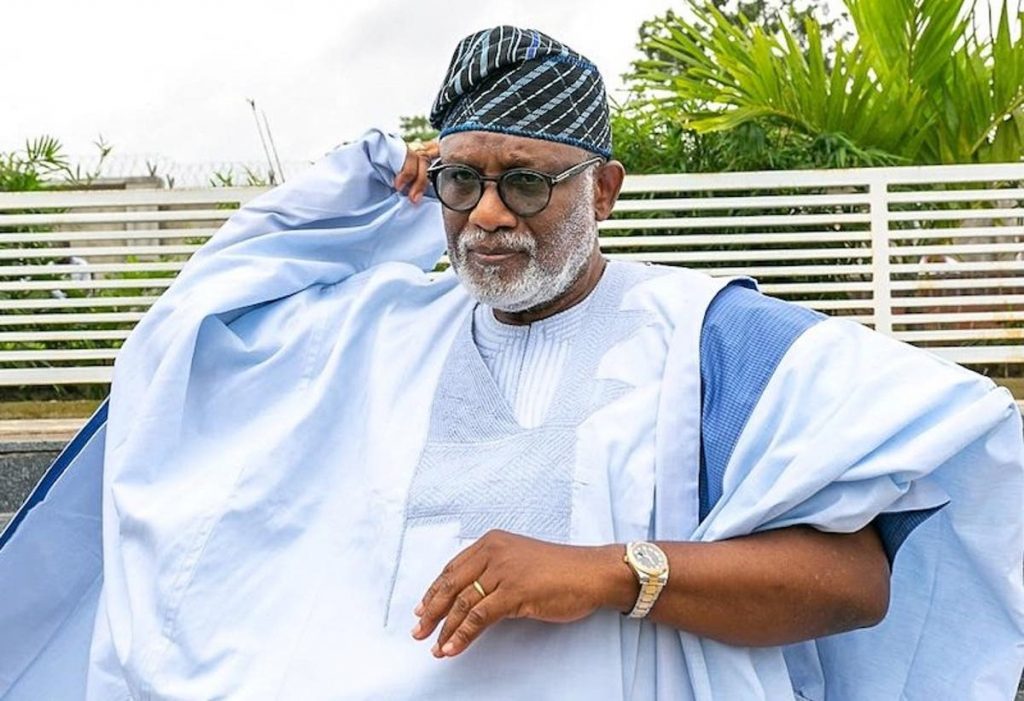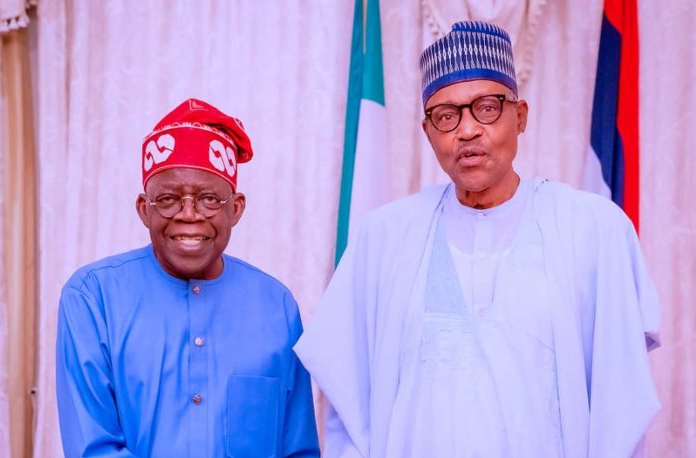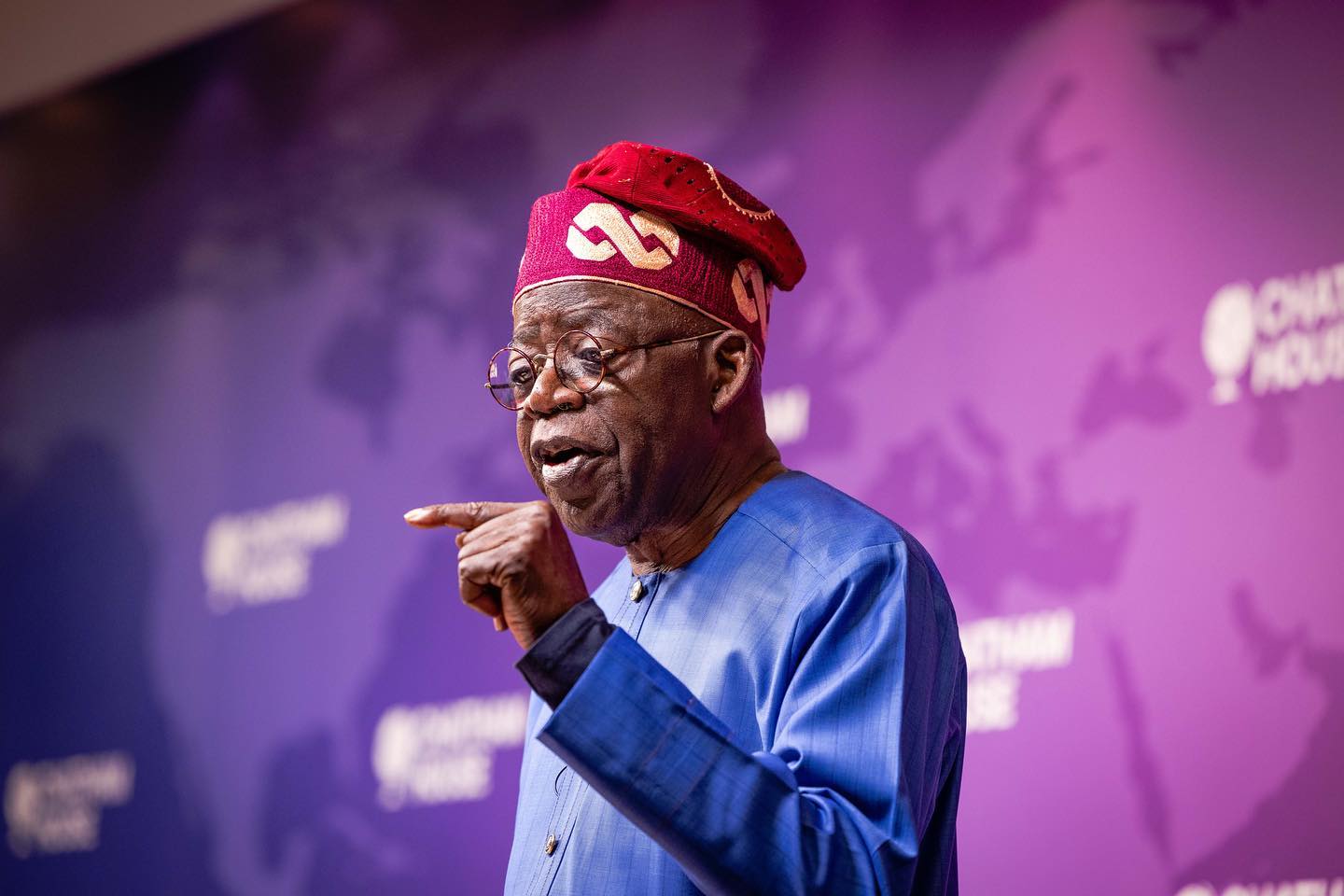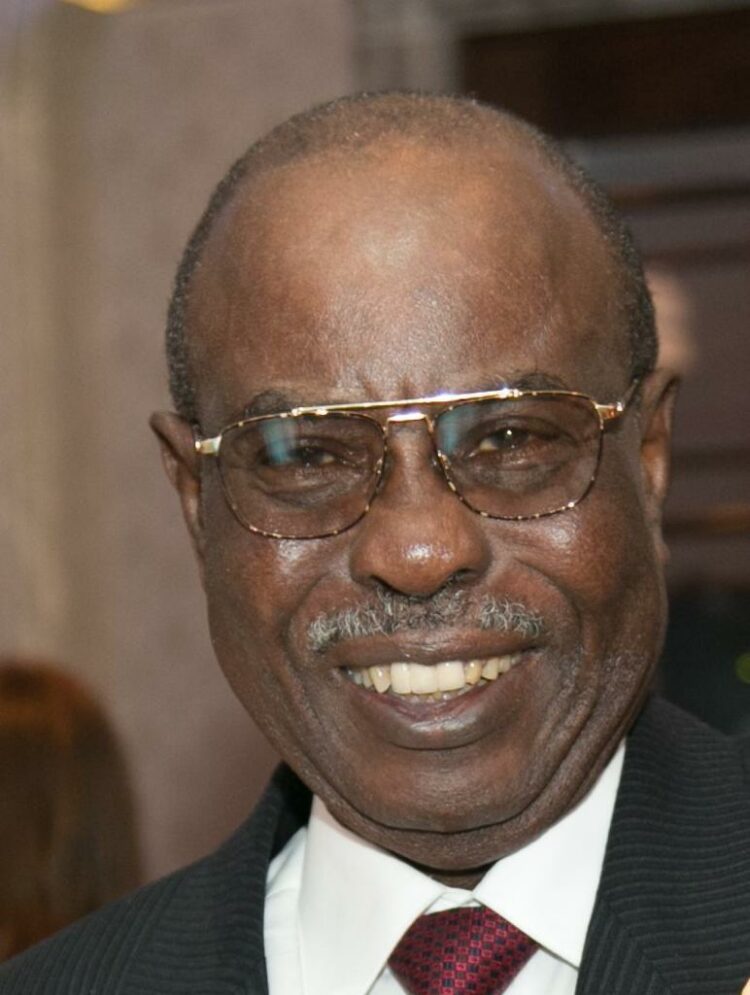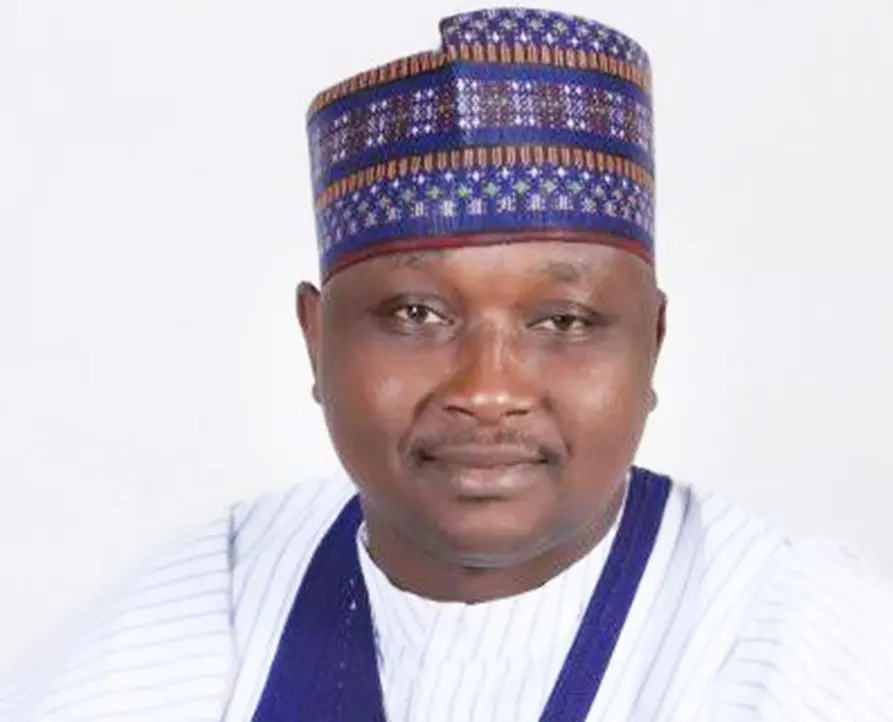Analysis by independent reports have shown that Ferdinand Marcos Jr. who clinched a decisive win in the just concluded Philippine presidential election on Monday has made some new adjustments to re-shape the Southeast Asian country’s relations with China and the United States as his tenure would seek to breed better friendships with Beijing.
Marcos, the son, and namesake of the country’s former dictator, has long-standing ties with China and is seeking a new deal with Chinese ruler Xi Jinping over the contested waters of the South China Sea.
Marcos’s relations with the United States, on the other hand has already been previously complicated by a contempt of court order for his refusal to co-operate with the District Court of Hawaii, which in 1995 ordered his family to pay $2 billion of plundered wealth to victims of Marcos Sr.’s rule.
The Philippines is a fulcrum of the geopolitical rivalry between the U.S. and China, with its maritime territory encompassing part of the South China Sea, a strategic and resource-rich waterway over which China also claims sovereignty.
In 2016, an arbitral tribunal constituted under the International Law of the Sea ruled in favour of the Philippines over China’s claim, a decision seized upon by other claimant states, as well as the U.S. and its allies concerned by China’s construction of military installations on islands in the waters.
But in interviews during the election campaign, Marcos said the ruling was “not effective” because China did not recognise it. He would seek a bilateral agreement with China to resolve their differences, he said.
“If you let the U.S. come in, you make China your enemy,” he told DZRH Radio.
“I think we can come to an agreement (with China).
“As a matter of fact, people from the Chinese embassy are my friends. We have been talking about that,” he added.
A spokesperson for the Chinese foreign ministry said on Wednesday the two countries, “facing each other across the waters, enjoy a longstanding traditional friendship” and that China remains “committed to good-neighbourliness” under the incoming president.
Antonio Carpio, the former Supreme Court Judge who led the Philippines’ legal team at the arbitral tribunal, said Marcos’s stance was a “betrayal”.
“He’s taken the side of China against the Philippines,” he said.
Rommel Banlaoi, a Manila-based security expert, said Marcos, also known as Bongbong, wanted friendlier ties with China but not at the expense of ceding territory.
“He’s open to direct consultations and bilateral negotiations with China to settle their differences.
“He is willing to explore areas of pragmatic co-operation with China, including the development of natural gas and oil in the West Philippines Sea,” he said.
The West Philippines Sea is within the Philippines’ exclusive economic zone in the South China Sea but is also claimed by China.
There have been repeated clashes between vessels belonging to the two countries in the area in recent years.
Marcos is also keen to attract investment from China for his ambitious infrastructure agenda, said Banlaoi. “The Marcoses have very fond memories of their trips to China.”

